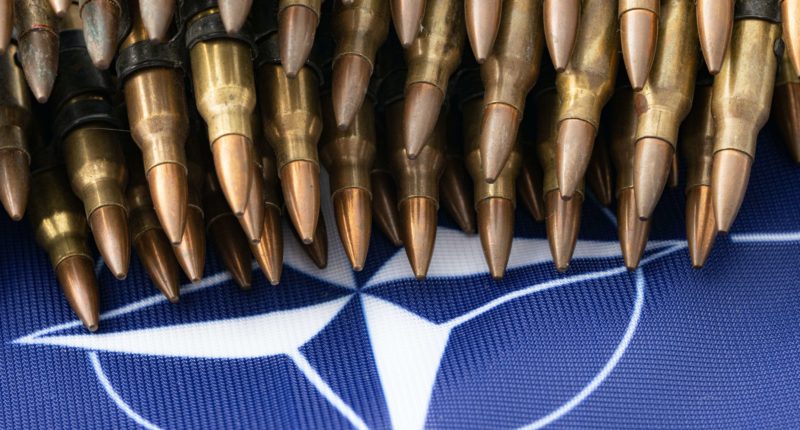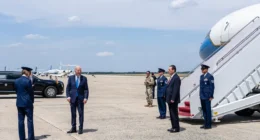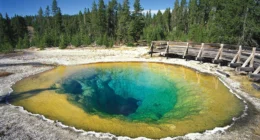All 30 NATO leaders joined by 10 other non-NATO leaders met in Madrid on Tuesday to discuss “key areas including strengthened deterrence and defense; support for Ukraine and other partners at risk; a new NATO Strategic Concept; better burden-sharing and resourcing; and Finland and Sweden’s historic applications for membership,” NATO Secretary General, Jens Stoltenberg said.
After the meeting on Wednesday, the leaders deemed that “The Russian Federation is the most significant and direct threat to Allies’ security and to peace and stability in the Euro-Atlantic area,” according to a press release from NATO. “We face systemic competition from those, including the People’s Republic of China, who challenge our interests, security, and values and seek to undermine the rules-based international order.”
Finland and Sweden joined other NATO nations at the summit. On the first day of the summit, Turkey agreed to support the two countries’ membership of NATO. “Our joint memorandum underscores the commitment of Finland, Sweden and Turkey to extend their full support against threats to each other’s security,” said the Finnish President, Sauli Niinistö. “We will make a decision at the summit to invite Sweden and Finland to become members, that’s unprecedented quick,” said Stoltenberg.
China is another major topic discussed at the summit, as multiple countries from the Asia Pacific region join the summit, including New Zealand, Australia, Japan, and South Korea. “China is substantially building up its military forces, including nuclear weapons.
Bullying its neighbors, and threatening Taiwan,” said Stoltenberg. “Monitoring and controlling its own citizens through advanced technology. And spreading Russian lies and disinformation.”
New Zealand Prime Minister Jacinda Ardern spoke at the summit, condemning Russia’s invasion and highlighting the need for stronger ties in the Indo-Pacific region. “We must stand firm on the rules-based order, call for diplomatic engagement and speak out against human rights abuses at all times.”
“But this region, North America and Europe, faces global threats and challenges: that’s cyber, that’s terrorism, but also the security consequences of China. Because that has effect on us,” said Stoltenberg. “Therefore, it is important to work together with, for instance, our Asia-Pacific partners. And of course several Allies have also expressed concerns related to freedom of navigation, and China’s coercive and assertive behaviour in the South China Sea”










Comments are closed.